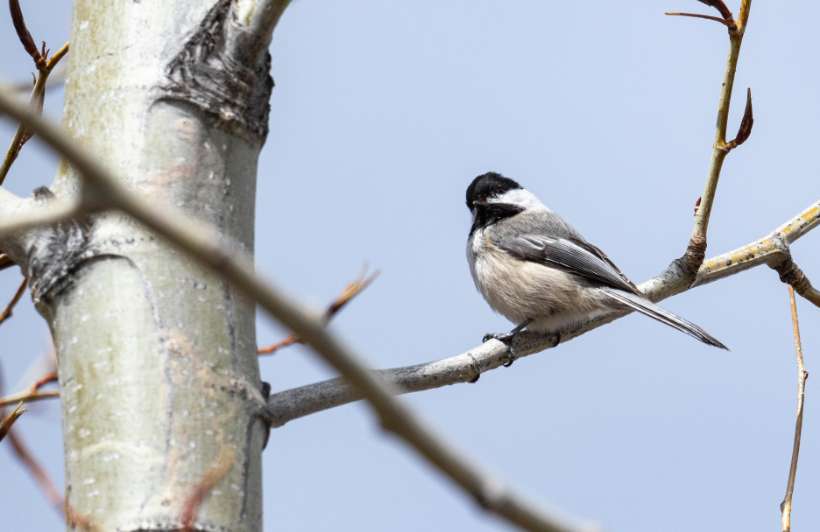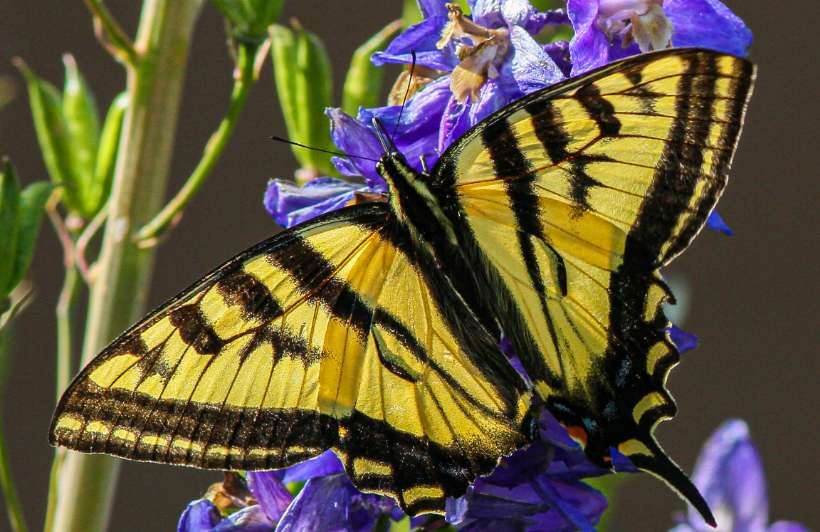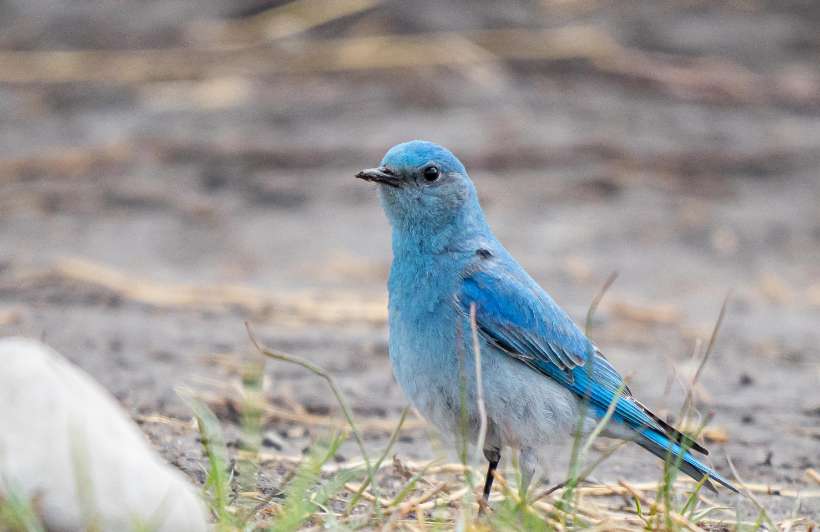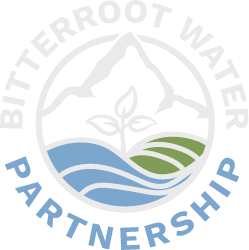water-wise landscaping workshop 2025
intimate instruction | Expert tips and Tricks | demo garden installation | connecting with fellow enthusiasts | snacks & refreshments | skills and knowledge training
Join the Bitterroot Water Partnership and Great Bear Native Plants in our annual Water-Wise Landscaping Workshop to learn about landscaping with drought-tolerant or low-water native plants. This is a great (and fun!) learning opportunity for folks who are ready to take their skills, knowledge, and outcomes to the next level!
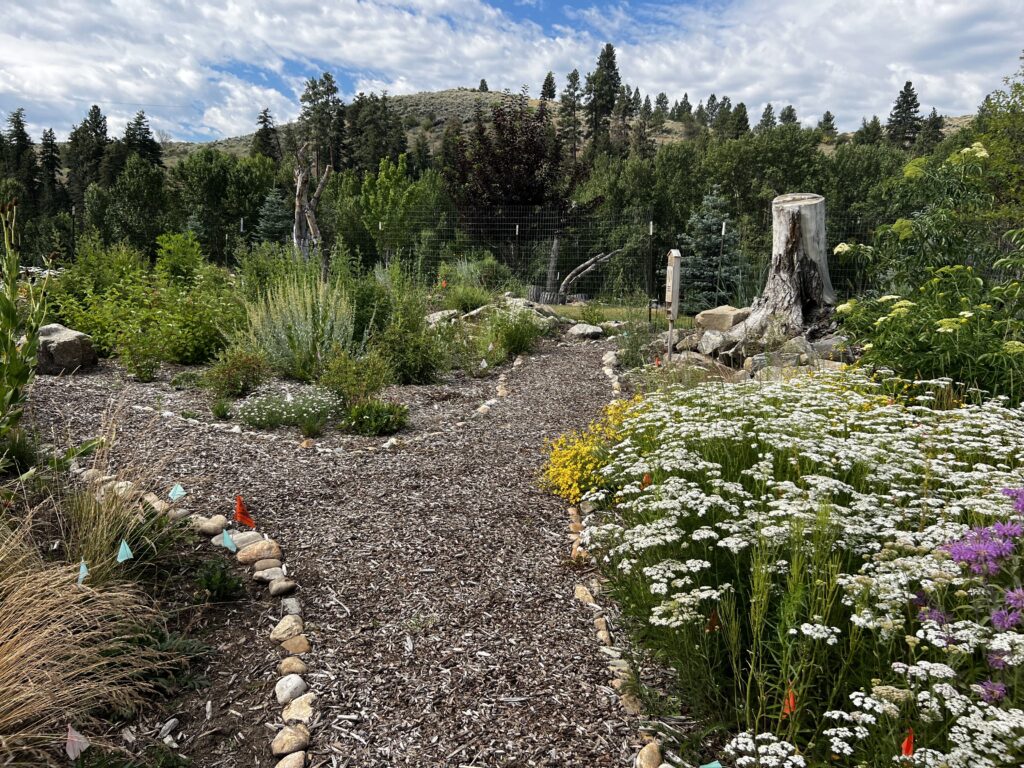
“Before the Water-Wise workshop, I knew I had an interest in native plant landscaping, but was too intimidated to tackle it. After attending this engaging workshop, I felt empowered to give it a go, and landscaped a section of my own home! I have so enjoyed seeing the results of our hard work flourish in my own yard this summer!” – Amanda B., 2023 Participant
Sunday, September 28
2 PM – 5:30 PM | $38/person
This workshop contains the following learning components:
- Pre-workshop idea & practice development
- Feedback for your unique landscaping challenges, opportunities, and questions
- Brief instruction of key components to consider
- Question & Answer session
- Resources to take home
- Practice installation of a 150 sq foot Water-Wise Landscape at the City of Hamilton Parks & Forestry Building
Your $38.00 registration fee covers instructor time, planting materials, workshop materials, refreshments, and heavy snacks from Seppi’s European Market & Deli.
Workshop space is limited to 25 participants to ensure intimate instruction.
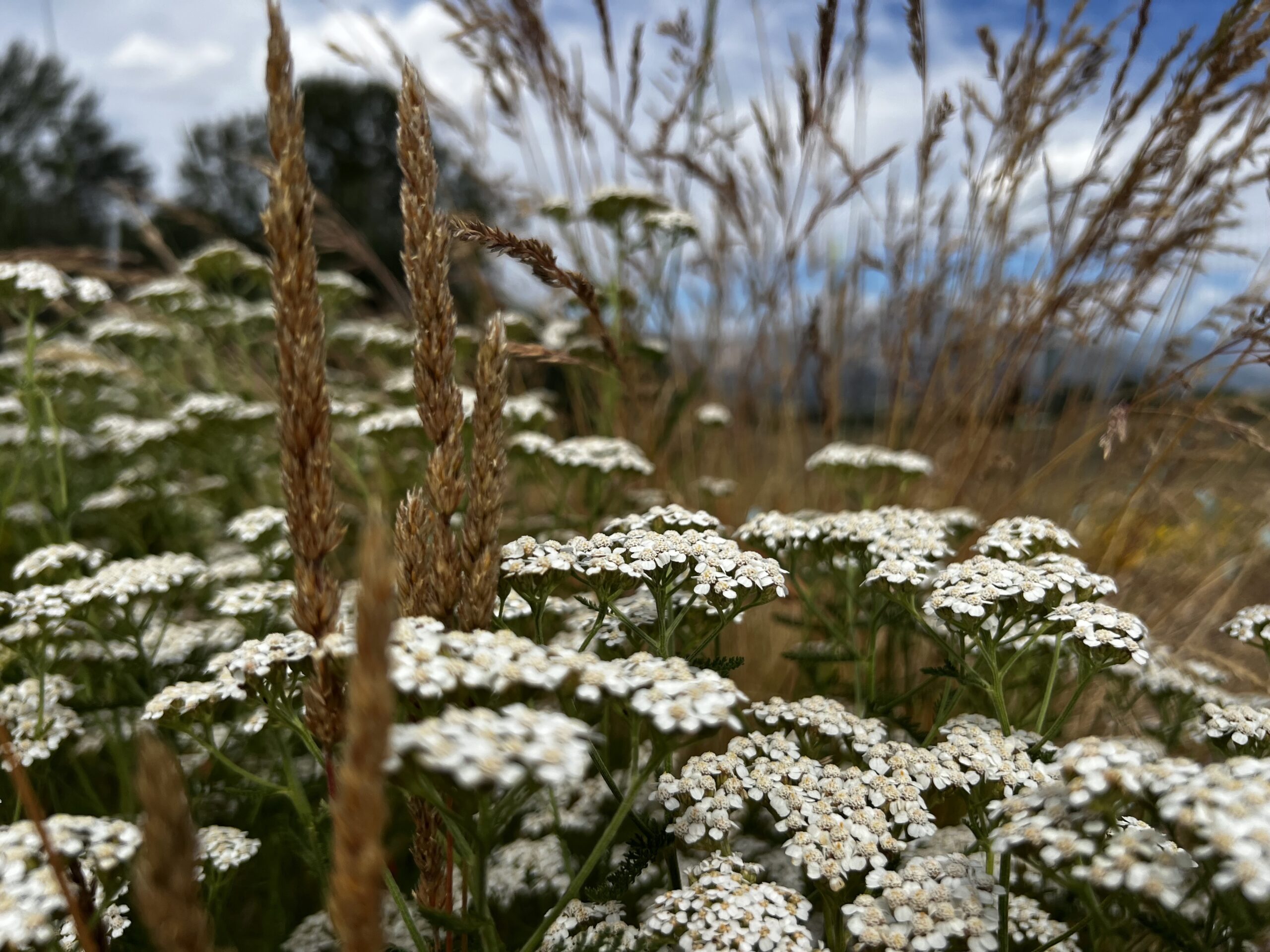
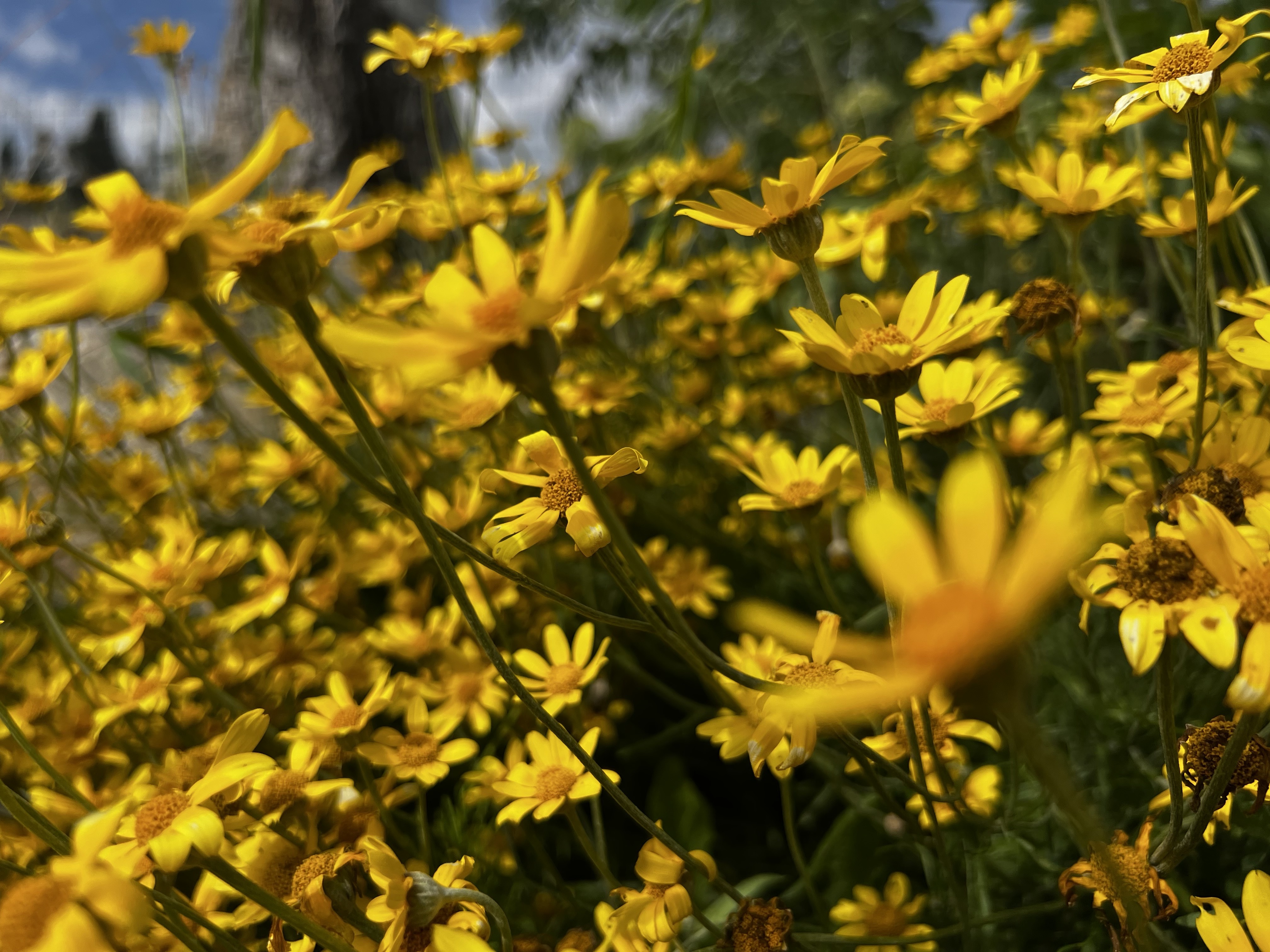
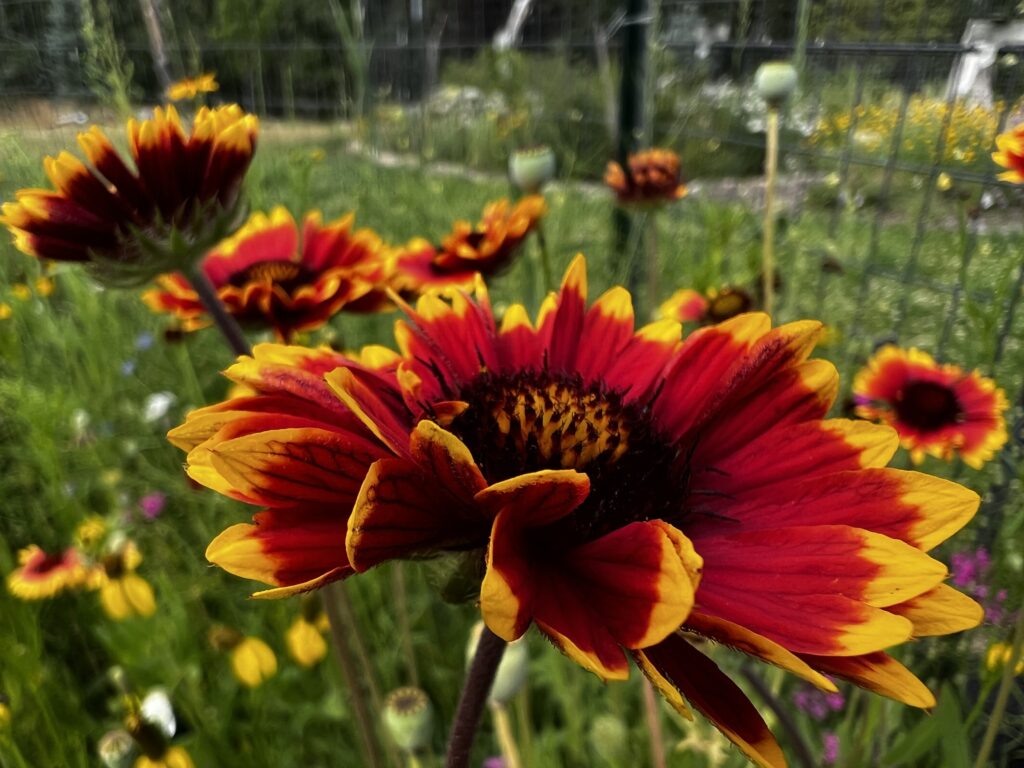
Save water, save money, save wildlife
If you have a yard – at home or at the office – you can significantly benefit water conservation by prioritizing native, drought-tolerant plants in your landscaping. Plus, regionally native plants are diverse and brilliant and, with the right preparation, are sure to make your outdoor spaces a delightful place.
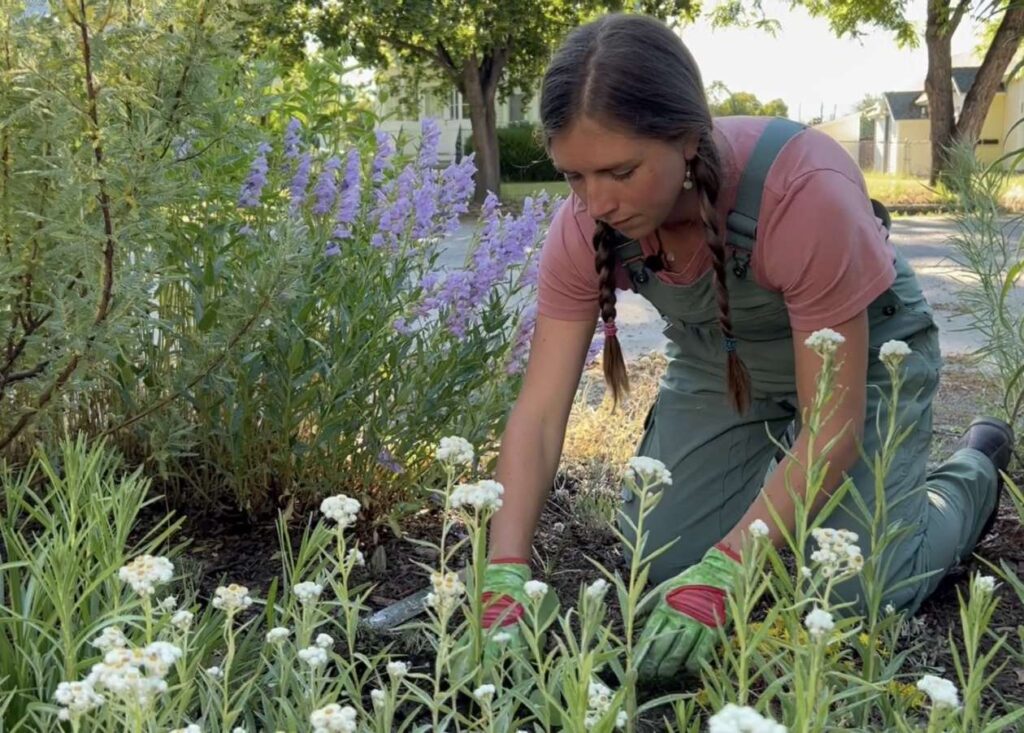
Ordering Your Water-Wise Plant Pack
We’ve partnered with Great Bear Native Plants to offer you Water Wise Plant Packs. Each pack includes curated selection of native species, with a diversity in bloom times, colors, and plant types to quickly and easily turn your yard into a vibrant and thriving native plant habitat.
You’ll find LARGE and SMALL packs for sunny, shady, and wet areas, and a special pack to attract butterflies.
Reducing Local Water Pollution
Less water in your yard means more water in our natural waterways.
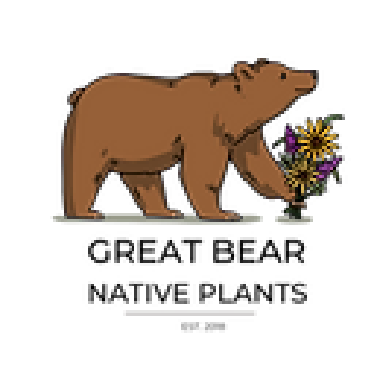
New to native, Water-Wise landscaping?
Water-Wise Packs come with videos from Great Bear Native Plants with helpful tips and guidelines on caring for your native plant habitat.
Reducing Local Water Pollution
Less water in your yard means more water in our natural waterways.
Native plants are those plants that naturally and historically grow in an ecosystem or region. This means they thrive in local, natural conditions. Unlike cultivated plants or lawns, they don’t need high volumes of fertilizers, soil amendments, or water.
Temperature Pollution
Temperature pollution is “any change from the natural temperature in a habitat.” This means streams get too warm for native wildlife, like trout. On top of that, warmer streams allow non-native invasive species, like pike, to thrive, which further disrupts our streams and the species we want to live there.
Low Flow Alteration
One reason streams become vulnerable to temperature pollution is ‘low flow alteration’. When too much water is removed for our uses – like watering our yards – water, or flow level, becomes so low that aquatic life and other important natural processes are damaged.
Chemical Pollution
We know flowing or even slowly seeping water picks up chemicals on its journey, carries them, and delivers them to larger water bodies. Synthetic chemical and fertilizer treatments added to lawns or gardens are dangerous and easily seep into the ground or wash off plants to end up in our waterways, damaging water quality for people and wildlife.
Supporting Local Pollinators & Farmers
Native plants provide irreplaceable habitat and benefits to our local wildlife and natural areas.
Native pollinators, like bees, birds, beetles, moths, and butterflies, have developed unique relationships and behaviors that can’t always be replicated by non-native species. Thriving pollinator populations require healthy native plant populations and, in turn, encourage stable natural systems and food production.
